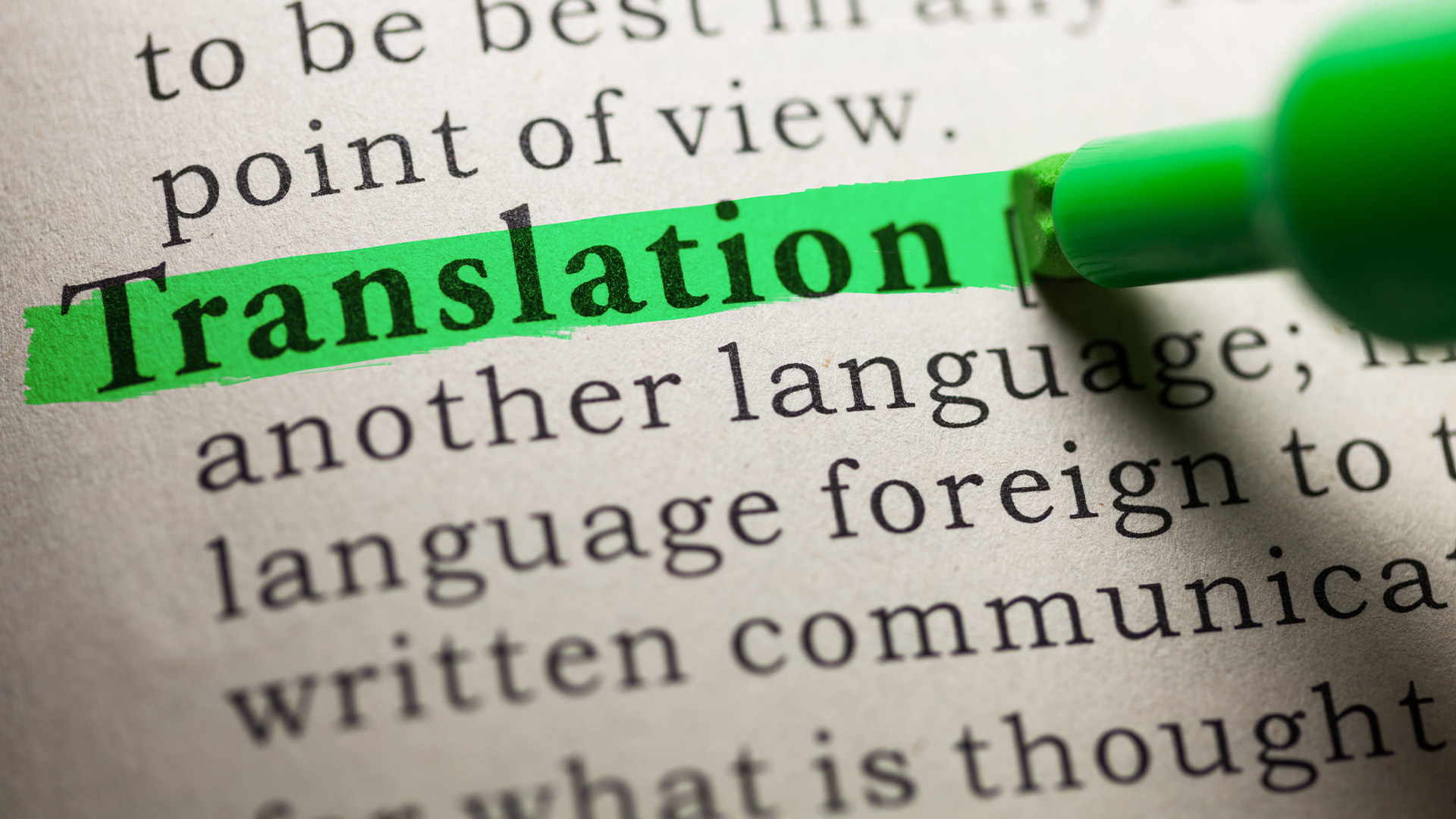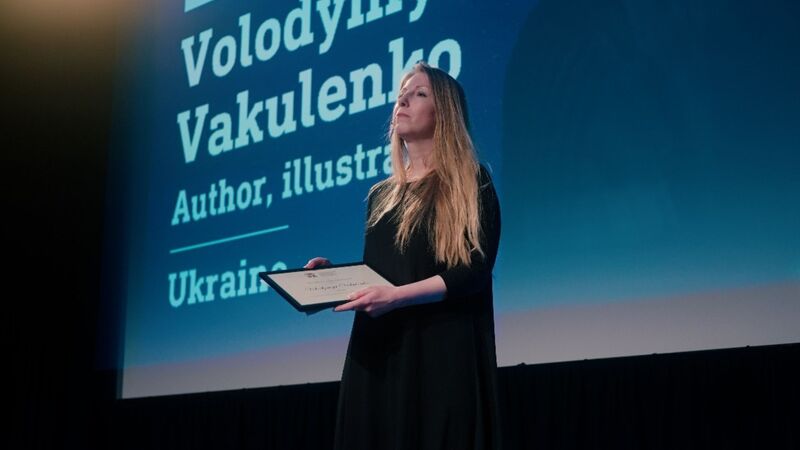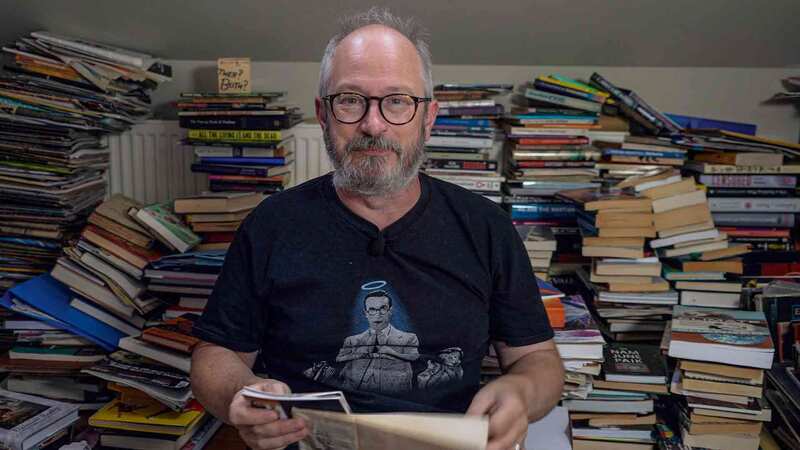You are viewing your 1 free article this month. Login to read more articles.
Beyond Ferrante
Italian literature in translation is ripe for a Renaissance in the UK.
It is widely, and very excitingly acknowledged, that literature in translation is enjoying something of a moment in the sun. During lockdown the traditional, quasi-mythical ceiling of 3% of market share was smashed, and the growth in terms of both volume and value seems to be holding up. Last year, translated fiction grew by 11% in value and another 3% in volume (source: Nielsen BookScan, 2024). The reasons for this spectacular and hopefully sustainable growth are for others to speculate. Suffice to say that we at Foundry Editions, one of the newest of the burgeoning number of indie presses set up to cater for this market, are delighted that readers are demonstrating an ever-growing openness and voraciousness for different voices, for different places and for reading internationally.
Our focus is the Mediterranean Basin, and so far we have made acquisitions from six languages. While it is extremely important not to have a favourite child in this situation, necessarily, because of my background, Italian and Italian literature have a very special place in my heart, and bringing some of the amazing writing that is being produced from the Alps to Sicily is a key part of our list.
Italian literature in translation, and therefore in the UK market, has always had a slightly hesitant reception. With a few stellar exceptions – Tommasi di Lampedusa and The Leopard in the 50s, Umberto Eco, and possibly Italo Calvino (although I always think he’s one that people feel they should have read rather than actually having done so) – Italian consistently seems to hover just off the podium in fourth place behind the translation big-hitters Japanese, French and Spanish. Even the extraordinary Elena Ferrante phenomenon, which thrust Italian literature into the anglophone limelight, has not managed to sustain much of a tail for other authors, although it is wonderful to see two Italian books on the International Booker longlist this year.
Even the extraordinary Elena Ferrante phenomenon, which thrust Italian literature into the anglophone limelight, has not managed to sustain much of a tail for other authors
In my mind, this hesitancy is because of Italian literature’s tendency to be very literary. Literature is literature, genre is genre, and crossover – something that the anglophone market is so strong at that it has almost become an expectation – comes far less naturally to Italian authors and houses. This means that acquisition criteria for editors may not be as clear cut as it is for other languages and, when it comes to selling, pitching Italian books to booksellers and readers might need a slightly different approach. The upside is that Italy has an enormous pull on the collective imaginations of readers in English, so if publishers can understand how best to translate Italian in translation to the UK market and find a way to get through any potential uncertainties, the rewards could speak for themselves.
One thing that’s certain is how much Italian editors would relish this opportunity. I spent a lot of time with numerous representatives of the Italian book world at the London Book Fair earlier this month. Their take on our market was consistent: it’s tough. Anecdotally, editors, publishers and agents who I spoke to feel that it is very difficult to get things over the line with their UK colleagues, and that books that consistently work exceptionally well both at home and in other markets are rarely taken up here. Understandably, they are eager to change this, and if our experience is anything to go by, would be very supportive in helping their UK colleagues overcome any misgivings or market nervousness they have.
We had extremely fruitful conversations about how this might practically happen. We talked about how the traditional financial model might have some flex to allow greater franchising of translators and a more collaborative exploitation of secondary rights. We talked about how Italian publishers could be more supportive in helping secure grants. We had very open, very helpful discussions about how best to launch the Italian books we are publishing here, with the understanding that we may need to pitch it differently from the home market.
In June this year, Foundry is publishing the Strega Prize-shortlisted novel Your Little Matter by Maria Grazia Calandrone. In many ways, it’s a good example of the conundrum about Italian literature in translation that I mentioned earlier – it’s very literary: the author is a poet and the book combines lyrical imaginings of her mother’s early life, a damning analysis of the treatment of poor women, particularly from the Italian south, and a forensic examination of the devastating events that lead to her abandonment. The support we have had from both Einaudi and the Italian Institute of Culture in London to make sure it lands with as much positivity as possible for a UK readership has been positive and all-encompassing, especially given the fact that we are new and this will be only our second book. We are hoping that it’s the first of many such fruitful collaborations, and, fingers crossed, it might even have a tiny bit of Ferrante’s magic about it.

















